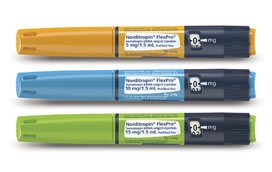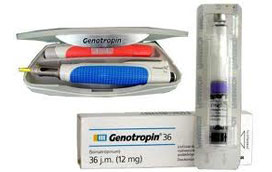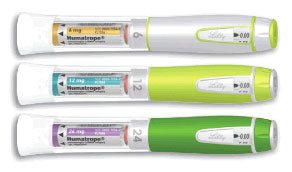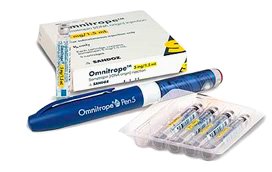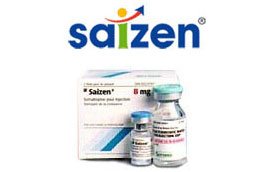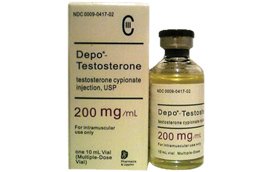Testosterone Deficiency and Immune System

A body in balance will always perform at its best. To be in balance, your system’s hormone levels need to be in their ideal range. Testosterone is one primary example of how hormonal imbalance can adversely impact immunity.
We see a correlation between testosterone deficiency and immune system functions just as we do when a person has extremely high levels of testosterone in the bloodstream. Either scenario may be detrimental to good health.
Testosterone deficiency can lead to autoimmune diseases, but high testosterone can suppress immune activities. It may seem like a double-edged sword, but, if you can maintain your androgen levels in their proper range, you will find that your immune system is stronger than ever.
Besides the connection between testosterone levels and immune system responses, we also know that changes in estrogen levels impact overall health. We mention estrogen because the body naturally converts some of the free testosterone into estradiol (estrogen). If your testosterone levels are too low, you may also suffer from estrogen deficiency which can decrease B lymphocytes, NK cells, and T helper cells necessary for proper immune responses. Low estrogen can also increase inflammation.
If you have Low T, you cannot just decide to use testosterone to boost immune system functions because that does not always work. For example, some people with Low T also have high levels of estrogen due to too much conversion. In this case, excessive levels of estrogen can decrease thymus gland size which reduces thymus hormone levels for proper T-cell production.
Looking at high testosterone and immune system functions, we find that an increase in corticosterone levels suppresses immune system activities. After testing the blood of men and women following receipt of a flu vaccine, researchers in 2014 noted that men who had higher levels of blood testosterone had diminished responses to the vaccine. High testosterone can also reduce NK cell and interleukin 2 cell activities that would normally stimulate the immune system.
Both low and high levels of testosterone can suppress immune system functions.
Effect of Continuing Low Testosterone on the Immune System
Testosterone deficiency left untreated can have a detrimental impact on the body. It can cause weight gain, offset blood glucose levels, impair cardiac functions, increase cholesterol and triglyceride levels, raise blood pressure, and even lead to dementia, osteoporosis, atherosclerosis, and other health concerns.
Continuing low testosterone and immune system impairment can affect performance and emotional well-being. If you are always getting sick, you are putting your livelihood in jeopardy. Additionally, it is easy to become depressed when you are sick all the time.
Examining testosterone deficiency and immune system functions, we find that women have a higher incidence of autoimmune diseases than men. Since they already have lower testosterone levels than males, a further decline, such as that which occurs around the time of menopause, can significantly increase these risks.
To reverse low testosterone, increase immune system performance, and restore hormonal balance to the body, you have to start by measuring numerous blood hormone levels to determine the proper course of action. You do not want your body to go from too little to too much testosterone.
Benefits of Testosterone Therapy for the Immune System
The goal of testosterone therapy and immune system response is to put the body back into a state of homeostasis. Because testosterone helps to regulate the body’s production of lymphocytes and monocytes, it is crucial to reach that proper level. These essential white blood cells fight off invaders, but when there are too many of them, the body turns on itself resulting in autoimmune diseases.
There is no such thing as one size fits all testosterone replacement and immune system benefits. What is good for one person may not be beneficial for someone else. There are also differences between synthetic and bioidentical hormones.
Men with Low T often benefit from testosterone injections. Immune system benefits may also come from supplemental zinc because zinc deficiency has been shown to lead to low testosterone. Increasing zinc levels may help to boost testosterone.
Testosterone therapy also helps to reduce stress and improve sleep – two crucial areas that can help strengthen your immune system and increase your testosterone levels.
To learn more about testosterone deficiency and immune system support, please complete the form above or call Kingsberg HRT Clinic directly for a confidential consultation at no charge.













